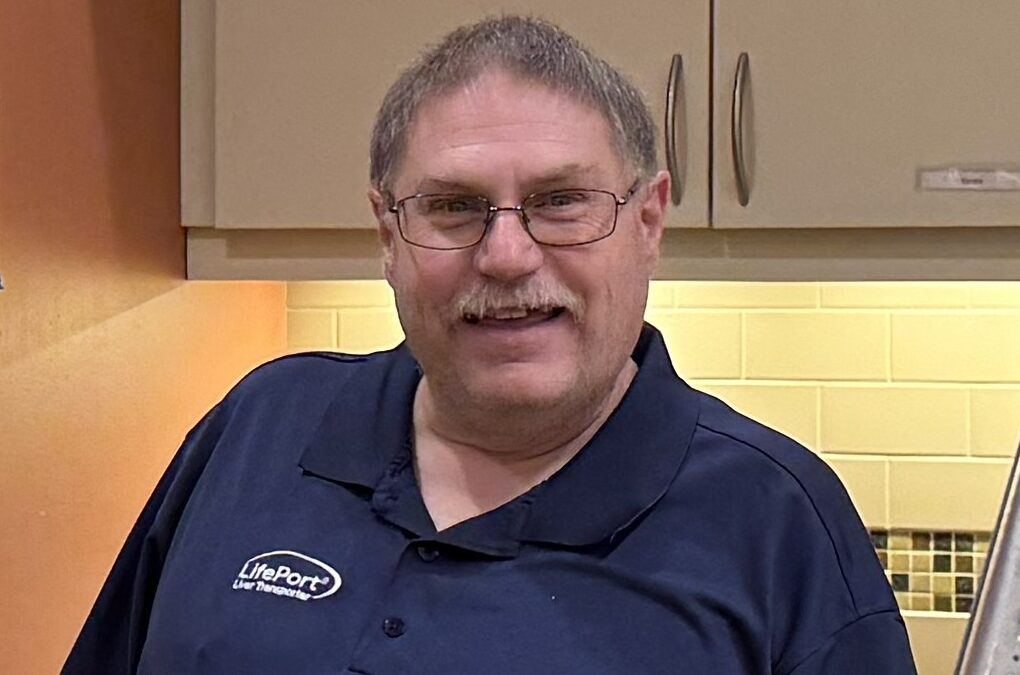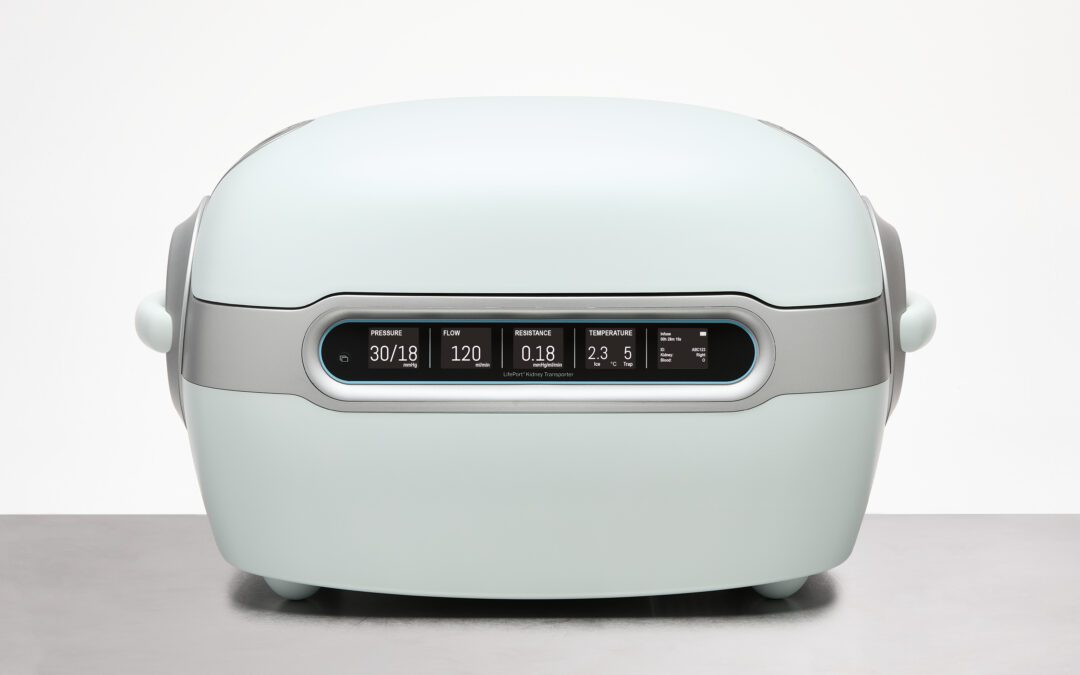Adapted from ECU health’s article
Ruth McCorkle spent years traveling around the world during retirement on solo trips and trips with friends. In September 2023, her traveling was put on pause when unexpectedly learned she had serious kidney issue. Within days, she was placed on peritoneal dialysis (PD), which meant being hooked to a machine every night.
“I was kind of trapped to my machine every night,” said McCorkle. “I have been a traveler during my corporate career and since I retired, and I really enjoyed traveling with friends and by myself. Given that I went through a box of fluid every night, which is about two and a half gallons of fluid, it was logistically a nightmare.”

At age 74, sitting at home for dialysis each night was not how she envisioned her golden years.
“I’m cognizant that I have fewer years left to me than I have already lived, but that I come from a sturdy and long-living matriarchal line. I may have 20 more years, and I want to make the best of them,” said McCorkle. “Sitting home, waiting for my time to hook up to the machine is not making the best use of my life. Even with PD, my energy lagged, and I felt like I was in a fog most of the time. I was just staying alive, not really living.”
McCorkle was placed on the kidney transplant list.
After a year and a half on dialysis and two false-alarm calls as a transplant backup, her life changed again, this time for the better. One morning, she got the call: a kidney was available.
“They called at 11 a.m. and asked if I could be there by 2 p.m.,” McCorkle said. “I called my son, and he was all excited. My grandkids got all excited. And when I woke up the next morning, I had a new kidney.”
It was only fitting that McCorkle, who loves travelling, was given a new lease on life thanks to commercial aviation. The kidney arrived on a commercial flight from New York, thanks to LiveOnNY, transported in a LifePort Kidney Transporter, a specialized device that pumps a cold liquid solution to improve the organ’s condition prior to transplant. Unlike traditional methods, where kidneys are typically transported on ice in coolers, the LifePort Kidney Transporter offers active preservation and monitoring, potentially doubling storage time and increasing the number of viable organs available for patients. The LifePort Kidney Transporter also supplies data to assess kidney function throughout the transport.
“Using commercial flights with advanced preservation technology opens doors to more donor organs that might otherwise go unused,” said Dr. David Leeser, professor and chief of Kidney and Pancreas Transplantation at ECU Health and the Brody School of Medicine at East Carolina University. “It expands the donor pool and gives patients greater hope.”
McCorkle is now feeling much better, and while she’s still recovering and building her stamina back up, she is back to planning future adventures. McCorkle had to cancel a solo trip to Portugal when she began dialysis, but she’s already planning a new one for the fall and a trip to see her family in the Midwest.
McCorkle is grateful to her donor, the care teams and technology that helped her receive a new kidney at 74.
“We take pride in the impact we make on patients’ lives through kidney transplantation,” said Dr. Leeser. “Each organ represents a second chance, and it is our responsibility to ensure every opportunity is honored. We are deeply grateful to the donor and their family for their extraordinary generosity and to LiveOnNY for going above and beyond to help deliver this life-saving kidney to our patient.”
For more information the organ transplant program at ECU Health, please visit ECUHealth.org/Transplant.
The Latest
Check out the most recent posts






